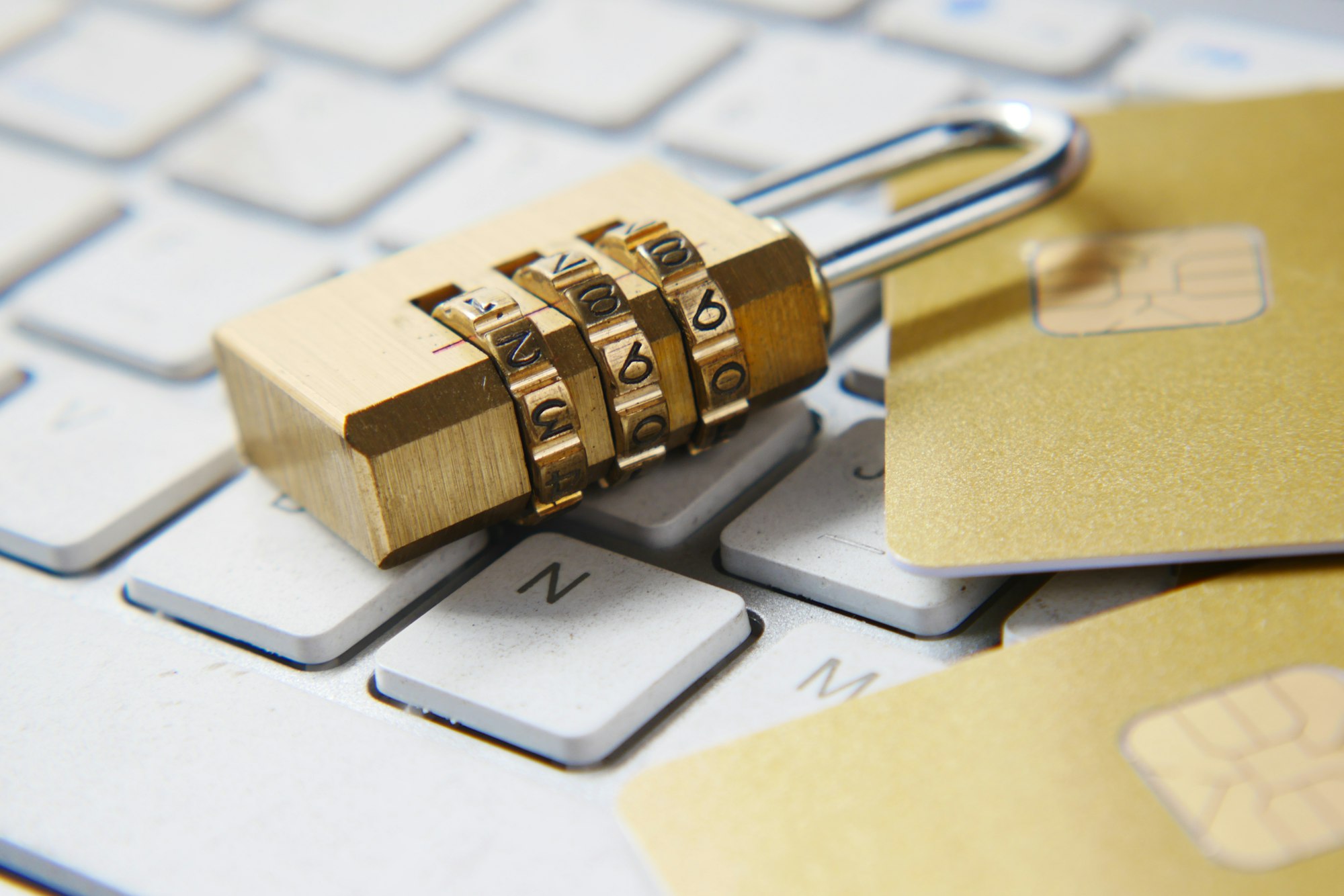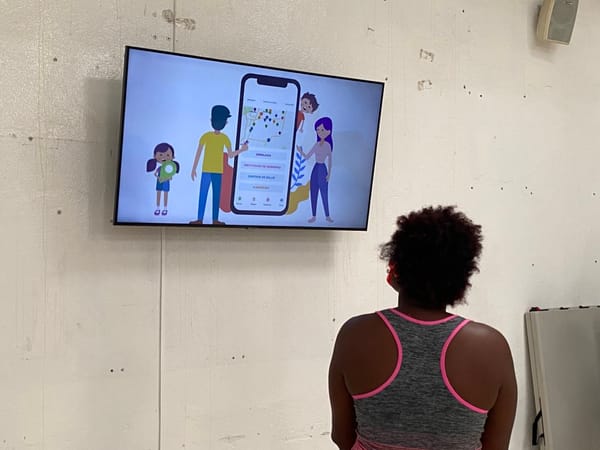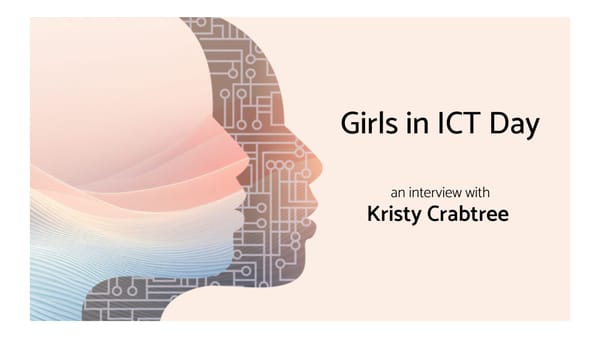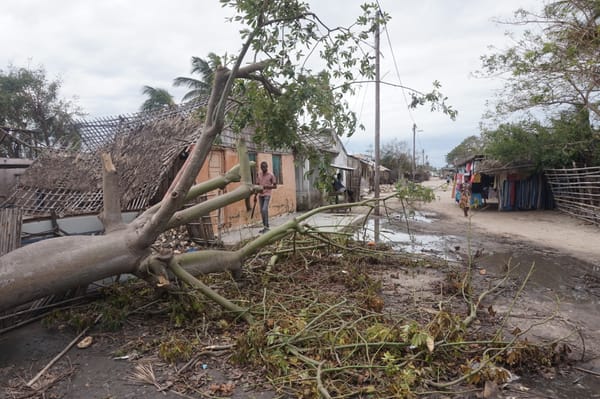Large or small, for any humanitarian organisation, data protection is of critical importance. In fact, it’s so important, that the European Civil Protection and Humanitarian Aid Operations has made it one of their three priorities:
The humanitarian sector must share a common understanding of data ethics and work together on the development of data protection standards
We are all aware that during times of crisis, personal information can be especially vulnerable, and so it’s crucial to ensure that the data of those affected is protected. Medical records, financial information, names and addresses, telephones - they are all at risk and this information must be protected at all costs.
Privacy vs Information Sharing
There’s no denying that one of the key challenges of data protection for humanitarian organisations is simply balancing the need for privacy with the need for information sharing. And although we may well feel we have a valid reason for sharing information in order to render the service we exist to do, we must be careful to ensure that any sensitive information is not disclosed to unauthorized parties.
Compliance with Data Protection Laws
Another challenge is ensuring that data protection policies are effectively communicated to those affected by crises. Many people in disaster zones may not be familiar with data protection laws or for that matter, the best practices, and so it’s important to provide clear and accessible information to help them understand their rights and how their data will be used.
In fact, according to the United Nations Conference on Trade and Development (UNCTD), 71% of the 194 countries belonging to the UN have a data protection law in place, with a further 15% with draft legislation in place. For instance, in the European Union, we are bound by the rigorous General Data Protection Regulation (more commonly referred to as GDPR), which is an essential and important protection for personal data.
Data protection needs to be a priority
To address any of the above challenges, humanitarian organizations must prioritize data protection as a key component of their operations. This includes implementing strong data protection policies and appointing a Data Protection Officer (DPO) who would take responsibility for risk assessments, the training of staff and volunteers in the best procedures and practices for data protection, and ultimately investing in secure information systems.
Additionally, organizations should work closely with affected communities to ensure that their data protection needs are understood and addressed. This includes providing clear and accessible information about data collection and use, obtaining informed consent for data collection, and allowing individuals to access, rectify, or delete their data as needed.

Transparency
Another important element is the need for accountability and transparency. We need to be transparent about how we collect, store, and use personal data, alongside being accountable for any breaches or misuse of that data. This includes being open to feedback and complaints from affected communities and taking action to address any concerns that arise.
Data Protection is an ongoing process
Finally, it is important to recognize that data protection is not a one-time task, but an ongoing process that requires constant vigilance and adaptation to changing circumstances. As new technologies emerge and new crises arise, data protection policies and practices must be regularly reviewed and updated to ensure that they remain effective and relevant.
In sum, data protection is a critical aspect of humanitarian response that must be prioritized and integrated into all operations. This includes using technology in a responsible and ethical way, ensuring accountability and transparency, and recognizing that data protection is an ongoing process that requires constant attention and adaptation. By taking these steps, organizations can help ensure that the personal information of those affected by crises is kept safe and secure, and that they are able to access the assistance they need without fear of harm or exploitation.











Member discussion